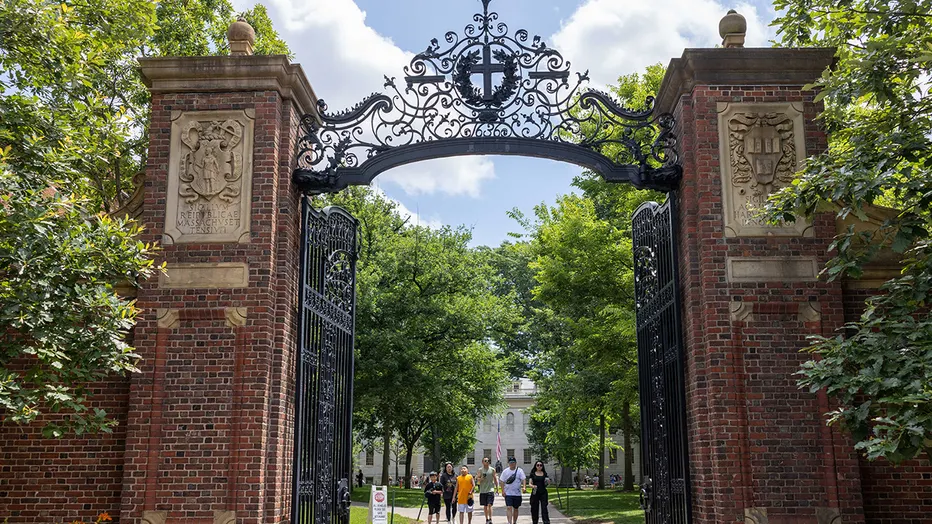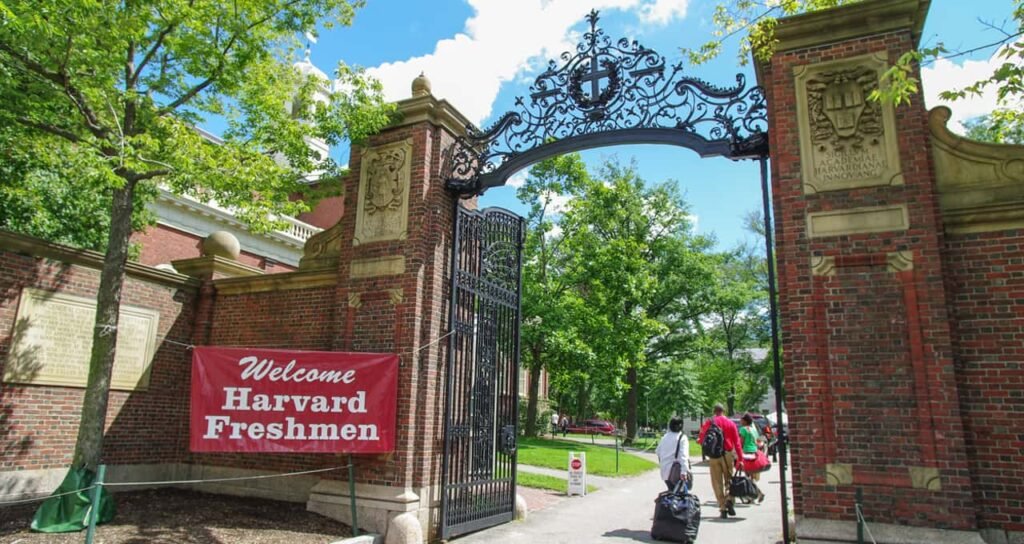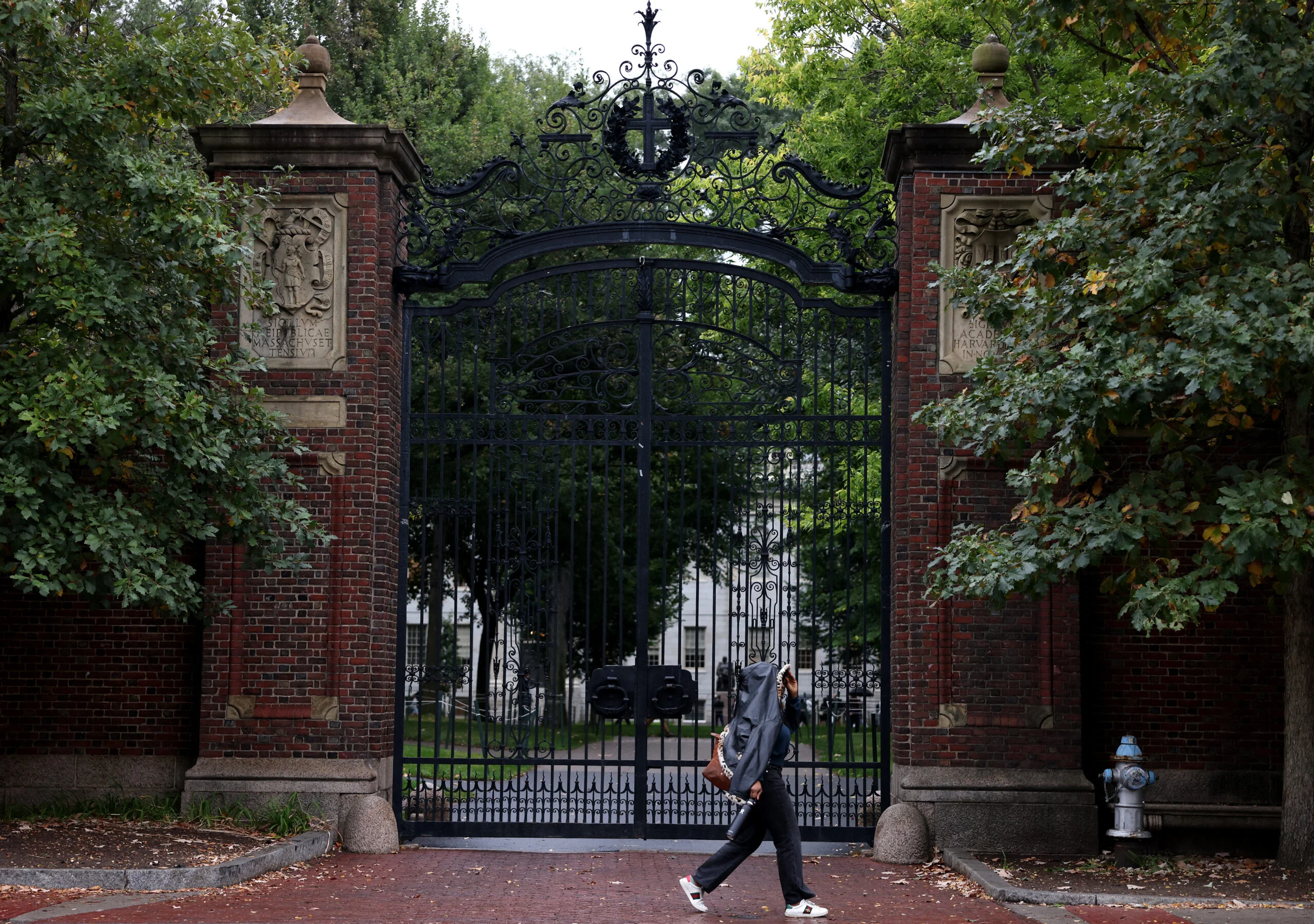The Secret Formula Behind Harvard’s Most Selective Class Ever

Getting into Harvard has always been tough, but this year, it reached near-impossible levels—only 3.6% of applicants received that coveted acceptance letter. That means 96 out of every 100 students who applied were rejected.
So, what made those few lucky students stand out? What do they all have in common?
After analyzing Harvard’s admissions data, interviewing recent admits, and consulting former admissions officers, we’ve uncovered the key traits, strategies, and surprising patterns that set this year’s accepted students apart.
If you (or someone you know) dreams of attending Harvard, this is what it really takes to get in today.
1. They Had More Than Just Perfect Grades
Yes, nearly all admitted students had near-perfect GPAs and SAT/ACT scores, but that alone wasn’t enough. Harvard’s dean of admissions has repeatedly said:
“We could fill our entire class with valedictorians… but we don’t.”
What They Had Instead:
✅ Intellectual Curiosity – They pursued knowledge beyond the classroom (think: self-taught coding, publishing research, or mastering a niche subject).
✅ Unique Academic Angles – Many took unusual course combinations (e.g., AP Physics + advanced Latin) instead of just checking off requirements.
✅ Real-World Application – They used their knowledge to solve problems (starting a nonprofit, inventing something, or contributing to meaningful research).
2. Their Extracurriculars Were “Spiky,” Not Well-Rounded
Harvard doesn’t want students who are “good at everything.” They want students who are “exceptional at one thing.”
The Winning Formula:
🏆 Tier 1 Achievement – National/international recognition in their field (e.g., ISEF finalist, USAMO qualifier, published author).
🎭 Deep Commitment – 10+ hours per week on their main passion, not just surface-level involvement.
🌟 Leadership That Created Impact – Didn’t just join clubs—they founded, transformed, or scaled them.
Real Examples from This Year’s Admits:
- A student who developed an AI tool to detect early signs of Alzheimer’s
- A debater who organized free workshops for underprivileged schools
- A pianist who composed original music for charity fundraisers
3. Their Essays Made Admissions Officers “Pause”
Harvard reads thousands of essays about overcoming adversity, sports victories, and volunteer trips. The ones that stood out did something different.
What Worked:
📖 Uncommon Topics – One admit wrote about analyzing rap lyrics through classical poetry techniques
💡 Authentic Voice – No thesaurus overload—just raw, compelling storytelling
😄 Unexpected Humor – A student cracked a joke about failed baking experiments before linking it to resilience
“The best essays made me forget I was reading an application.”
—Former Harvard Admissions Reader
4. They Maximized the “Hook” Factor
While Harvard says there’s no “formula,” certain backgrounds helped:
Top “Hooks” This Year:
🌍 First-Gen/Low-Income (20% of admits) – Compelling stories of overcoming barriers
🎯 Athletes (10%) – Recruited for fencing, rowing, squash, and other niche sports
🎨 Artists (7%) – Exceptional portfolios in film, music, or visual arts
🌱 Legacy (12%) – Still a factor, but less dominant than before
5. They Nailed the Interview (If They Got One)

Only about 50% of applicants get interviewed, but those who did aced it by:
🗣 Asking Smart Questions – Not just “What’s your favorite class?” but deeper inquiries about Harvard’s research opportunities
📈 Linking Past Work to Future Goals – “I built this app, and at Harvard, I want to expand it by…”
😌 Being Memorable – One student brought a handmade chess set to discuss strategy
6. They Applied Early (But Not All)
- Early Action Acceptance Rate: ~7% (vs. 3.6% overall)
- Regular Decision Acceptance Rate: ~2.8%
But… Early applicants were more self-selective, meaning they were already stronger candidates.
FAQ: Harvard Admissions 2024
1. Can I get in with a 1400 SAT?
It’s rare—95% of admits scored 1470+. But if you have a world-class talent, exceptions happen.
2. Does Harvard prefer IB or AP?
No preference—but they want to see the hardest courses your school offers.
3. Is it easier to get in from certain states?
Yes—less competitive regions (Wyoming, Alaska) have slightly higher admit rates.
4. Do I need perfect grades?
Most admits had straight A’s or one/two A-’s. Bigger dips require extraordinary strengths elsewhere.
5. Can extracurriculars make up for lower grades?
Only if you’re national-level exceptional (Olympiad medalist, published researcher, etc.).
6. How much do essays matter?
They’re the #1 tiebreaker between similar applicants. A phenomenal essay can tip the scales.
The Bottom Line
This year’s admits shared focus over breadth, impact over participation, and authenticity over polish. They didn’t try to be “perfect”—they were unapologetically themselves in ways that aligned with Harvard’s mission.
Want to maximize your chances?
- Go deep, not wide with activities
- Write essays only you could write
- Turn your passion into tangible impact
Harvard’s acceptance rate may be brutal, but as these students prove—it’s not impossible.
Want more insider tips? Check out our How to Get Into Harvard: Step-by-Step Guide next!



